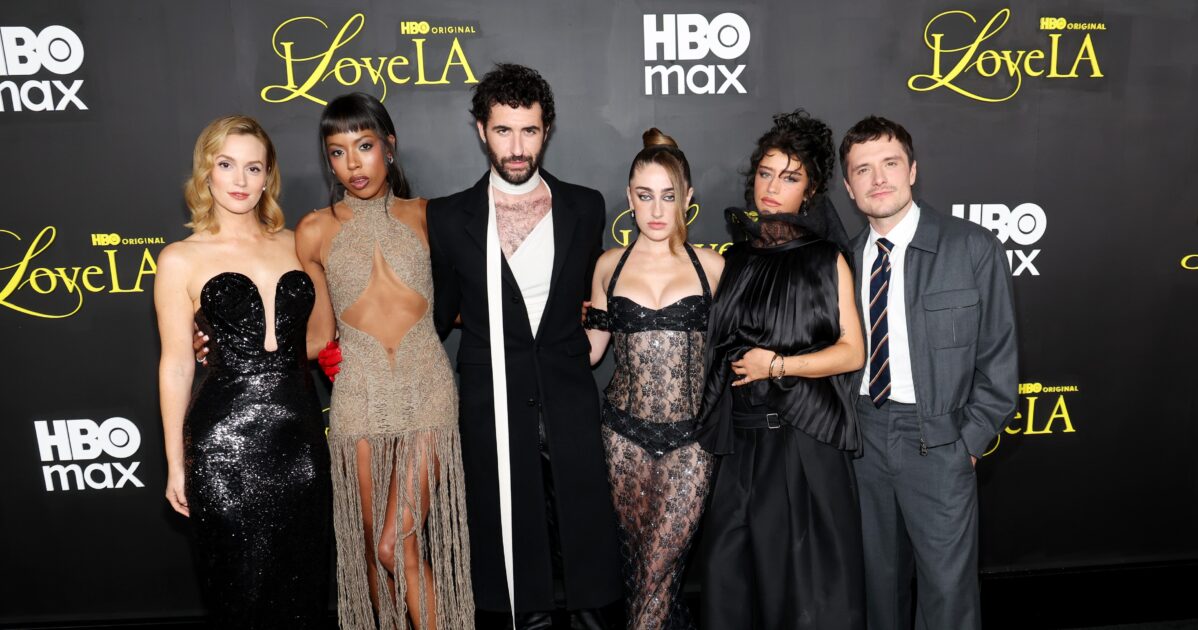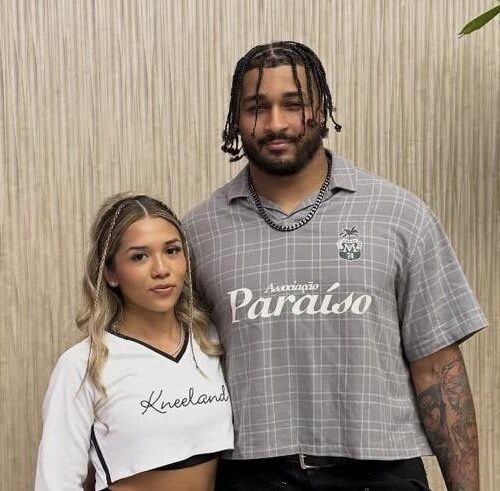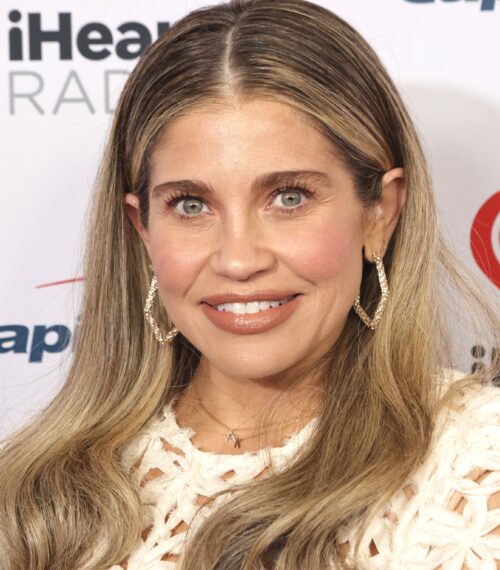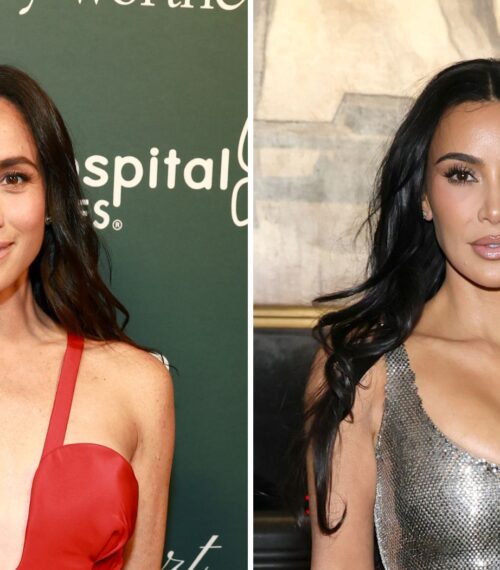HBO’s new comedy I Love LA wastes no time diving into the messiness of late-20s life — the friendships that shape you, the careers that test you, and the romances that complicate everything in between. It’s quick, chaotic, and strikingly self-aware, and it has viewers immediately asking a familiar follow-up question: beyond the screen, what’s going on in the cast’s real love lives? The answer is refreshingly low-key, even as the series itself leans into the beautifully uncomfortable corners of modern connection.
What I Love LA Is About: Friendship, Reinvention & The City That Never Stops
The show centers on Maia (Rachel Sennott), a New Yorker freshly transplanted to Los Angeles whose carefully rebuilt routine is upended when her estranged best friend Tallulah (Odessa A’Zion) shows up at her apartment. Their reunion is complicated, funny, and tinged with unresolved history, especially as Tallulah’s newfound online fame crashes into the promises they once made after college.
The ensemble around them sharpens the show’s comedic edge. Dylan (Josh Hutcherson), Charlie (Jordan Firstman), and Alani (True Whitaker) round out Maia’s world, adding rhythm and tension to a series that thrives on fast-paced banter and social satire. Across eight episodes, I Love LA captures the restless churn of a city where friendships double as lifelines — and stress tests.
Sennott not only headlines the series, she also created and executive produced it, channeling a voice audiences know from her internet-savvy humor, frank sexual comedy, and piercing self-deprecation. That creative control gives I Love LA a lived-in specificity — the kind that comes from someone who knows both the jokes and the sting behind them.
Rachel Sennott’s Real-Life Lens Shapes Maia’s Story
Sennott frames Maia’s arc with an honesty that feels instantly recognizable. “You feel a sense of pride when you find your people in your 20s,” Sennott says. “Then people who live in the same place as you start moving somewhere else. I felt like, ‘Guys! Can we all just pick a place and lock down and stay here?’”
That mix of pride, panic, and longing fuels the show’s emotional core. Maia’s lingering sense of abandonment after Tallulah pivots to a new life — and a new level of visibility — mirrors anxieties Sennott understands intimately. “Everyone’s gonna do their own thing, but those feelings of uncertainty are where the characters start in the show,” she explains. I Love LA is driven by that uncertainty, not as melodrama, but as the awkward, everyday reality of adulthood arriving faster than anyone expected.
As Maia and Tallulah renegotiate their bond, the series plays with the contradictions of starting over in a city already obsessed with reinvention. Friendships evolve, boundaries blur, and the show’s humor keeps every heavy feeling buoyant without undercutting the stakes. It’s a comedy first, but one that treats vulnerability as a punchline and a plot engine — often at the same time.
A Smart Look At Parasocial Life Online — Without The Name-Drops
Part of what makes I Love LA feel current is the way it engages with digital culture without turning into a reference checklist. Sennott threads parasocial dynamics through the story with a light touch. “I have had so many weird parasocial relationships with people where I’ve thought to myself that I know them, but it’s this version of them,” she shares. Instead of parodying platforms, the series evokes the internet as atmosphere — ever-present and quietly influential. Sennott wanted it “living and breathing and moving, but not making any direct references,” a choice that keeps the writing nimble and less likely to date itself.
That approach dovetails with the show’s tight focus on character. As Tallulah’s social media profile rises, Maia’s sense of what’s real — and what’s curated — gets tested. The result is a grounded, funny exploration of public and private selves, and how they collide when friendship becomes content by default. Premiering on November 2, just over a year after receiving the green light, the series arrives fully formed, with a point of view that’s both specific and widely relatable.
Off-Screen Relationships Stay Private — And That’s The Point
With a cast this buzzy, curiosity about real-life romances is inevitable. Still, the stars of I Love LA keep their personal relationships comparatively under wraps, a sharp contrast to the oversharing culture the show so deftly critiques. While fans may wonder who’s dating whom, the cast’s discretion underscores one of the series’ key ideas: boundaries can be healthy, even when the internet blurs them.
That restraint doesn’t dampen interest — it complements the narrative. On-screen, Maia, Tallulah, Dylan, Charlie, and Alani navigate situations that are messy, funny, and often uncomfortably recognizable. Off-screen, the actors let the work do the talking. It’s a fitting balance for a project built on examining how much of ourselves we perform for others, and how much we choose to keep.
Across eight brisk episodes, I Love LA offers a clear-eyed snapshot of what it means to find your people — and risk losing them — while chasing a future that won’t wait. It’s a creator-driven comedy with a distinct voice, grounded by Sennott’s sharp writing and an ensemble calibrated for friction and spark. Whether you come for the laughs, the friendship drama, or the uncanny portrait of life lived partly online, the series makes an easy case for itself.
I Love LA is newly premiered on HBO and already positioned to be a conversation-starter. If you’ve ever juggled ambition, affection, and a city that won’t slow down, you’ll recognize the pulse — and probably hit play on the next episode.















































































































